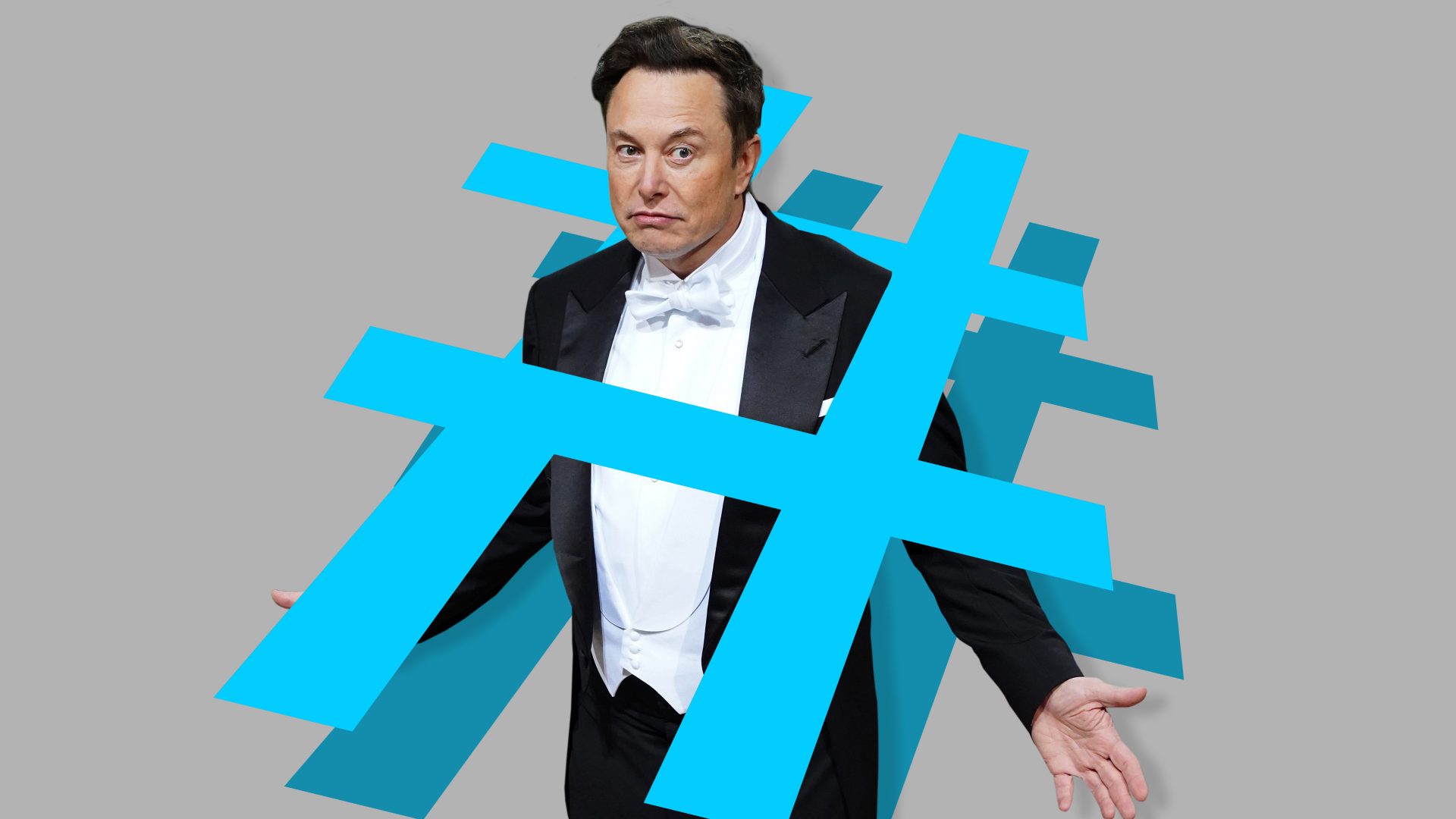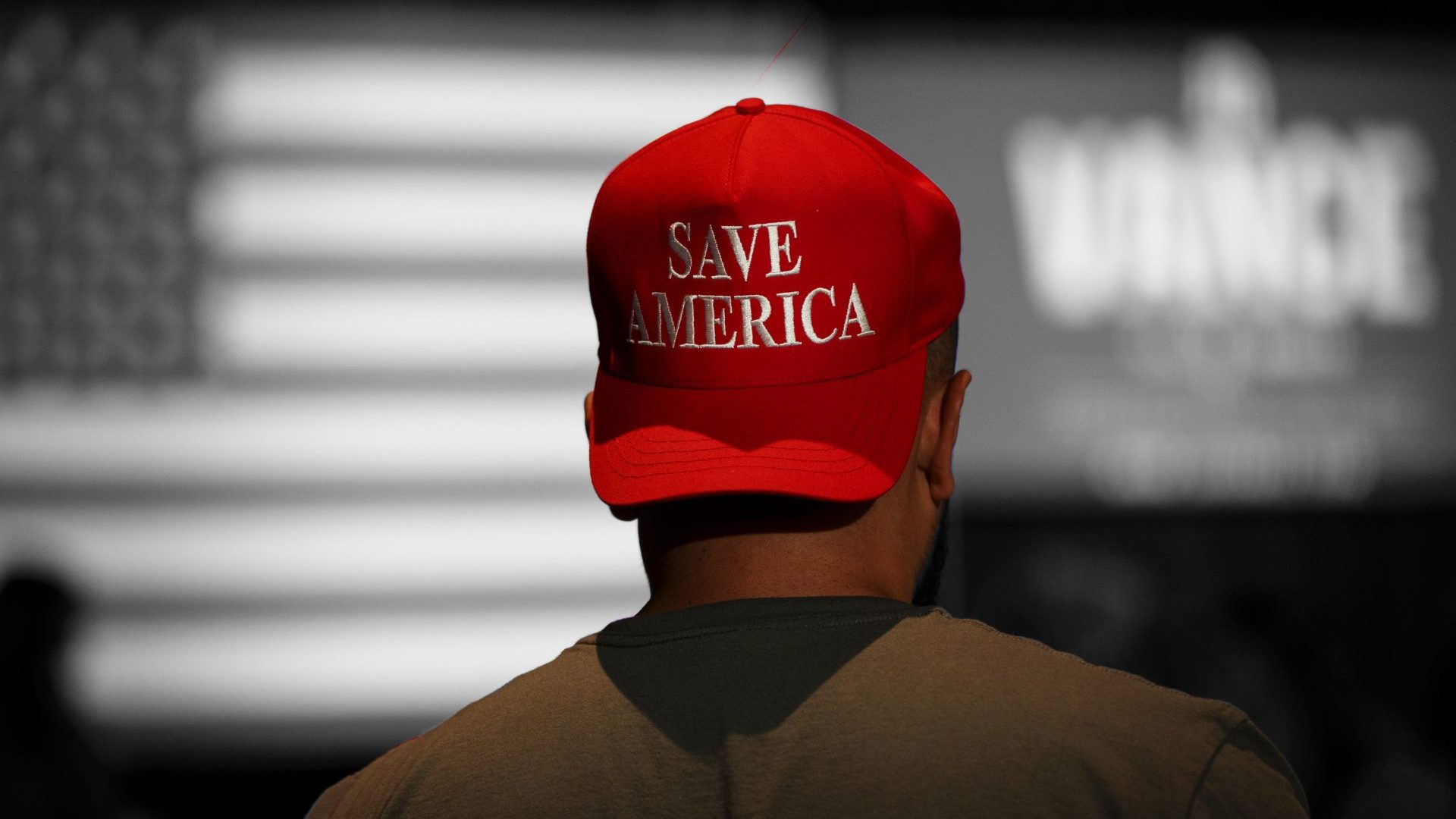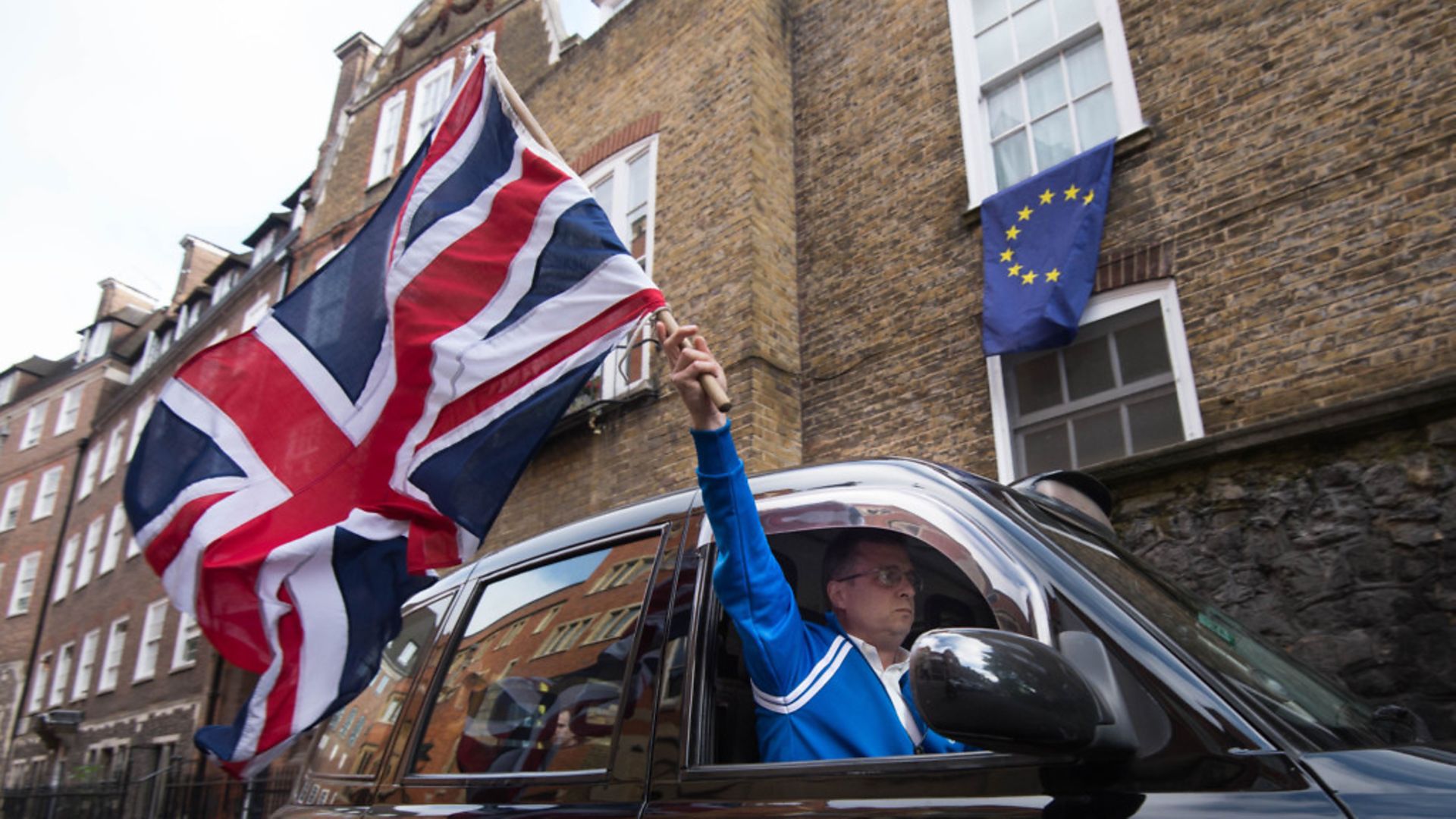We never learn. As Elon Musk entered the final stages of sealing his deal to buy Twitter, people hoped that maybe he would calm down once the deal had concluded. OK, the process had been noisy. Fine, he had inexplicably brought a sink into Twitter’s office; we can live with a conspicuous dad joke. He runs several successful companies, after all. Maybe things could be normal?
There were a few moments of false hope – Musk had been persuaded by a senior Twitter exec (one of the few he hadn’t fired at the time of writing) to send a reassuring public message out to the site’s advertisers. There was even a conciliatory suggestion of a Facebook Oversight Board-type arbitration council.
In other words, we were suckered in – but this time we couldn’t have had a clearer warning: the first days of Musk’s era at the helm of Twitter resembled nothing so much as the transition from Barack Obama to Donald Trump’s presidency in 2016. He’d calm down from his campaign mode, the received wisdom said. Policy wonks breathed a collective sigh of relief when he followed tradition and had a nice sit-down with Barack and Michelle Obama. Perhaps the Trump presidency wouldn’t be that weird after all.
We all know what happened next: chaos. From the very get-go, when Trump sent out his press secretary to lie about the size of the inauguration crowd, to the very end – when he goaded an armed mob into attacking the US Capitol, Trump’s reign was one of chaos, in the greatest ways and the smallest.
Musk is no armed insurrectionist and Twitter is not the US, the world’s largest economy and military combined. But he does promise to bring the same, Trumpian air of chaos to the social network that is now most intimately tied up with the world’s information economy.
Even simple things become a drama with Musk. Absolutely everyone expected him to fire Twitter CEO Parag Agrawal once the deal was complete: it was clear Musk had no respect for Agrawal’s approach to the site, and such moves are fairly common in takeover deals.
But predictably Musk, the self-styled “Chief Twit”, took things a step further: instead of just firing the CEO on day one, he also fired Twitter’s chief financial officer, chief legal officer and general counsel. At least one was reported to have been escorted out of the building by security.
That is a lot of nuts-and-bolts experience with the company’s issues to leave all at once, with not even a short transition period. It is also a group with a lot of knowledge about where metaphorical (hopefully) bodies are buried, and where there be dragons in the codebase.
It is unfortunate for Musk, then, that he has reportedly decided to give them reason to bear a grudge. In the normal course of takeovers, fired senior executives get their stock grants when they’re shown the door – and in the case of the three most senior Twitter employees who were fired, these are all worth multimillion-dollar sums. Even being fired is better for the rich – and these terms were fixed in the takeover agreement Musk just finalised.
Musk is not a regular buyer, though. Instead of just firing them as expected, he is reported to have fired them for cause – which would deprive them of their multimillion-dollar soft landings. This will inevitably lead to another highly dramatic court case for Musk, with his odds of victory not looking much better than they were for the showdown to force him to buy Twitter. The world’s richest man keeps starting fights he can’t win – unless you count his brief one with the Twitter board, which he has dissolved, naming himself “sole director”.
It’s worth looking at the strange road that led Musk to buying Twitter. Most people who have heard of him assume that he must have founded Tesla – and some seem to believe he invented the electric car. The reality is more complex.
Musk was born to a rich South African family and ended up an entrepreneur in the first dotcom boom, initially working in the online payments centre. His startup ended up merging with another, becoming PayPal – still a dominant business in the 2020s. Musk had departed long before, though, having been forced out by another controversial Silicon Valley billionaire, Peter Thiel. But thanks to his shareholding in the company, Musk departed a rich man.
He used most of the money to buy Tesla, then a minnow, against the advice of most of his friends. He quickly edged out the original founders and wrote them out of the mythology of the company. He cleverly grew Tesla more on hype than on delivery; by promising the world and creating long waiting lists, he made Teslas the first truly desirable, luxury electric cars.
More than that, he built up a devoted fanbase, convinced that Musk and Tesla would do more than just design great cars – they would instead reinvent transport and the way cities worked. Musk promised fully self-driving cars before 2020, as well as an underground tunnel network that would move cars, and ultra-fast inter-city “hyperloop” trains, which would work much faster than real-world high-speed rail.
Most of these promises came to little or nothing. Musk set up a tunnelling company called The Boring Company, but it has delivered little beyond its dad-joke name. Making a hyperloop in real life turns out to be wildly expensive and impractical – relying on a vacuum seal for its high speed, and carrying far fewer people than conventional trains. Self-driving for cars turns out to be much harder than anyone anticipated, with timetables now still years away for anything approaching full self-drive.
In the meantime, Musk has moved on to new promises: robots and mind-reading are now on his agenda, too.
Tesla also struggled when it came to the basic job of producing and selling cars. Shifting from small-scale production of ultra-high-end cars to mass production of regular cars is very difficult, and Tesla was plagued with delays and production quality issues. Luckily for Musk, his powers of hype proved more powerful than the details of mundane reality. Tesla and Musk fans buy and hold Tesla stock, keeping its value inflated far, far beyond those of its competitors, even if they happen to sell more cars or make higher profits. Details, shmetails.
When it comes to space, though, Musk’s other company has done wonders: the best rockets in the world are SpaceX’s, and his satellite business has shown its potential with its operations in Ukraine, even if Musk has clashed with the government there over his Russian stances at the same time. But even here Musk has a hype problem: he had promised manned missions to Mars by now. Predictably, they are still years off.
Musk’s career has been based on making big, brash bets that most people thought wouldn’t pay off – and then winning. The question is whether the purchase of Twitter – the bet he tried to get out of – represents the end of his streak, or a chance to confound his critics once again.
No one, not even the world’s richest man, can spend $44bn (£38.4bn) lightly. Spending it on a company unlikely to actually be worth half that is particularly painful. Doing it in the middle of a tech stock crash that has wiped out much of your own net worth – which for Musk is tied up in Tesla stock – borders on madness. But that is the corner into which Musk has backed himself.
Twitter makes about $5bn (£4.4bn) a year in revenue, almost all of it from advertisers, almost all of whom are distinctly nervous about the new owner. So far, less than $1bn (£872m) a year of that is profit – but Musk will need at least this every year just to pay off the loans that helped him buy the company.
If Twitter isn’t going to be the most expensive billionaire’s plaything of all time, it must make more money than it does now. But that means it needs to work better. Instead, Musk is asking engineers to print out their code and to introduce new paid schemes for verification within a week – at a time when Twitter is haemorrhaging users anyway. That is not likely to boost its cash flow.
Musk is also a vulnerable owner of Twitter. He cannot claim to be responsible to shareholders or to a board. He is the ultimate arbiter of what happens there – but governments across the world will have a view on what he should be doing, and some of them will be willing to threaten his other companies if they don’t get what they want.
Teslas are highly regulated and they are physical goods. They are easy for governments to mess with. Musk may find that he has a lot less freedom as the boss of Twitter than he had as its most visible user and most notorious troll. He should enjoy the first week or two of his ownership, as it is likely to get progressively less fun from here.
For his fans, his purchase of and current fixation with Twitter is a source of huge frustration. Here is a man many of them believe is essential to humanity’s survival: while we live on only one planet we are surely, in the long term, doomed as a species.
Musk’s stated aim with SpaceX is to get humanity to the point where we can colonise first Mars and then other planets. Why give up a mission that important to decide who can and can’t tweet – or worse, who does and doesn’t get a blue tick?
Twitter’s executives did not really want Musk to own Twitter – they had a duty to shareholders to deliver them the best value they could, and if someone offers you £20 for a £10 note, you would be mad not to take it. Twitter staff had no choice in Musk becoming their new boss, but now they have to live with it, walk away, or wait for him to sack them.
Twitter’s users are watching nervously, wondering if the Musk era will be what finally ends their co-dependent relationship with what many of them call “the hellsite”. And Musk himself tried for months not to become Twitter’s owner, only giving up and buying the thing when it became clear his case was a loser.
In other words, Musk owns Twitter because no one got what they wanted. 2022 strikes again, send tweet.




